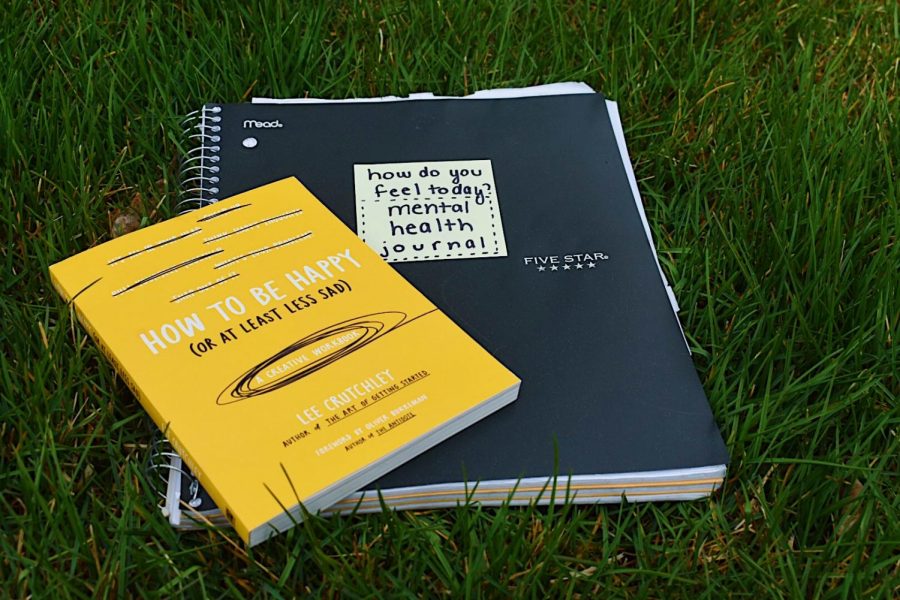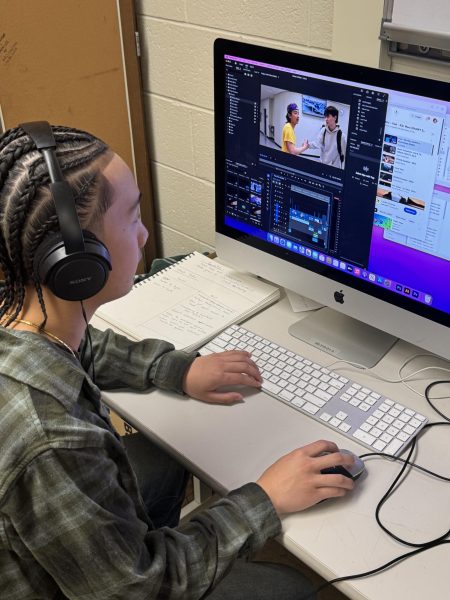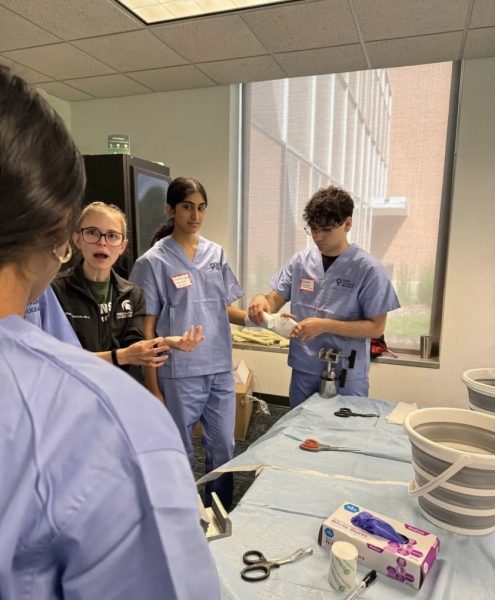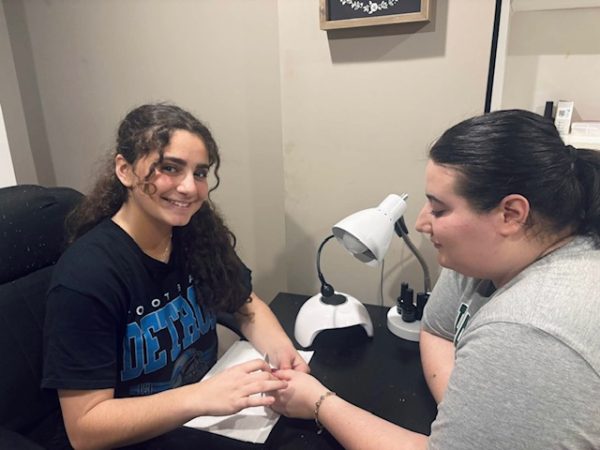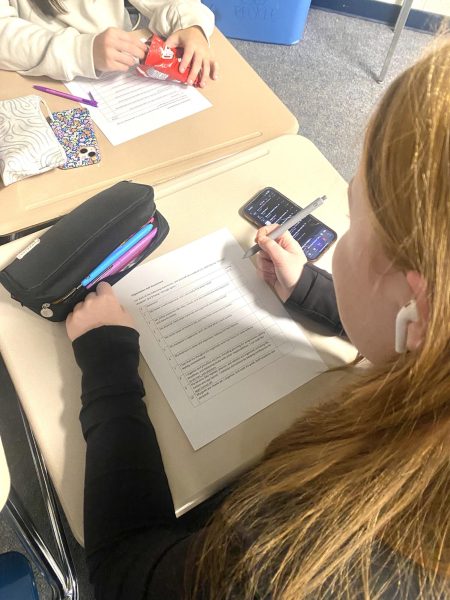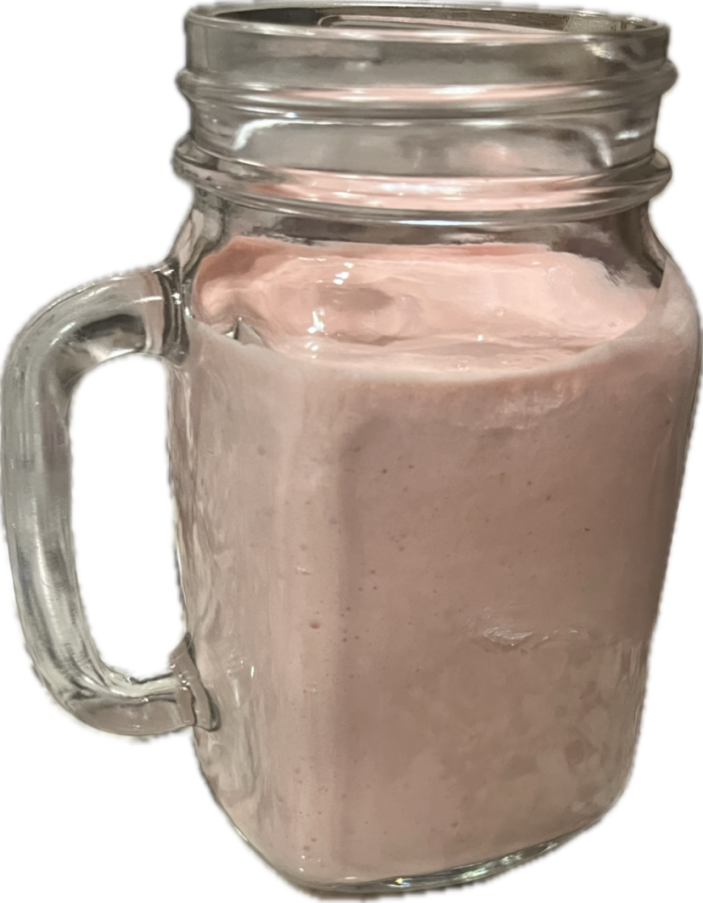It’s okay to not be okay
Mental health is as important as physical health while sheltering-in-place
The constant isolation during the current shelter-in-place order from the novel Coronavirus leads to an ever-changing rollercoaster of emotions.
It seems that with every announcement made, friendships, education, vacations and graduation slowly fade out of sight—which is why awareness of one’s mental health is very crucial.
It’s normal to occasionally be stressed, anxious or even sad during these difficult times. Signs of stress during this pandemic, include: “fear and worry about your own health and the health of your loved ones, changes in sleep or eating patterns, difficulty sleeping or concentrating, worsening of chronic health problems, worsening of mental health conditions and increased use of alcohol, tobacco or other drugs,” according to the Center for Disease Control and Prevention (CDC). Although unpleasant, experiencing occasional negative emotions should not lead to a person feeling unstable.
However, if a person’s emotions seem concerningly abnormal or unsafe, it is important to take action to prevent further or worsening issues. Failure to do so could result in pre-existing or new mental health issues arising.
By taking certain precautions, mental health issues can often be prevented altogether. Keeping track of emotions on a daily or weekly basis helps in catching a possible mental decline before it begins. People may need to try this in a variety of different ways to help find which works best for an individual’s preference.
Keeping a journal or record of emotions can not only help track a person’s daily mentality, but may also relieve anxiety and could be cathartic in the moment. Similarly, some apps are designed to function the same as a journal, but cater specifically to mental health and also provide tips on how to better mental state. Despite whether someone prefers written or electronic documentation, keeping up on personal awareness is an easy and healthy way to ensure a good headspace.
With constant stressors occurring during the time of the Covid-19 national pandemic, people might find it difficult to avoid becoming anxious or depressed. Although this reaction is completely valid for the current situation, it can be dangerous to remain in this state for an extended period of time.
The safest and necessary way to alleviate these issues are by speaking to a trusted adult and if possible a mental health professional, such as a therapist or counselor. School counselors sent out a flyer on Schoology alerting all students of a free community therapist option for those feeling anxious or depressed.
Additionally, many community centers and mental health charity projects offer 24/7 crisis hotlines for those in need of someone to speak to or those who need tips and advice on ways to handle certain issues.
If a person feels mentally unstable or unsafe being left alone, especially during this time of social distancing, it’s necessary to let someone they’re living with know.
There will inevitably be ups and downs during this uncertain and uncomfortable time; it’s okay to not be okay. What’s not okay is ignoring one’s own feelings.
And while it might seem nerve wracking to realize you or someone you care about is struggling with mental health, mental health is just as important as physical health and it’s conditions are just as valid.
Remember to care for yourself, reach out to check on others, ask for help and stay safe—mentally, socially and physically—not only during quarantine, but always.
Editor’s note: if you or someone you know is struggling with depression, anxiety or suicide, please contact a mental health resource.
Suicide Prevention Hotline: 1-800-273-8255
Macomb County Community Mental Health Crisis Center: 586-307-9100
National Alliance on Mental Illness: 1-800-950-6264 or text NAMI to 741-741
The Trevor Project: 1-866-488-7386
Your donation will support the student journalists of Eisenhower High School. Your contribution will allow us to purchase equipment and cover our annual website hosting costs.

